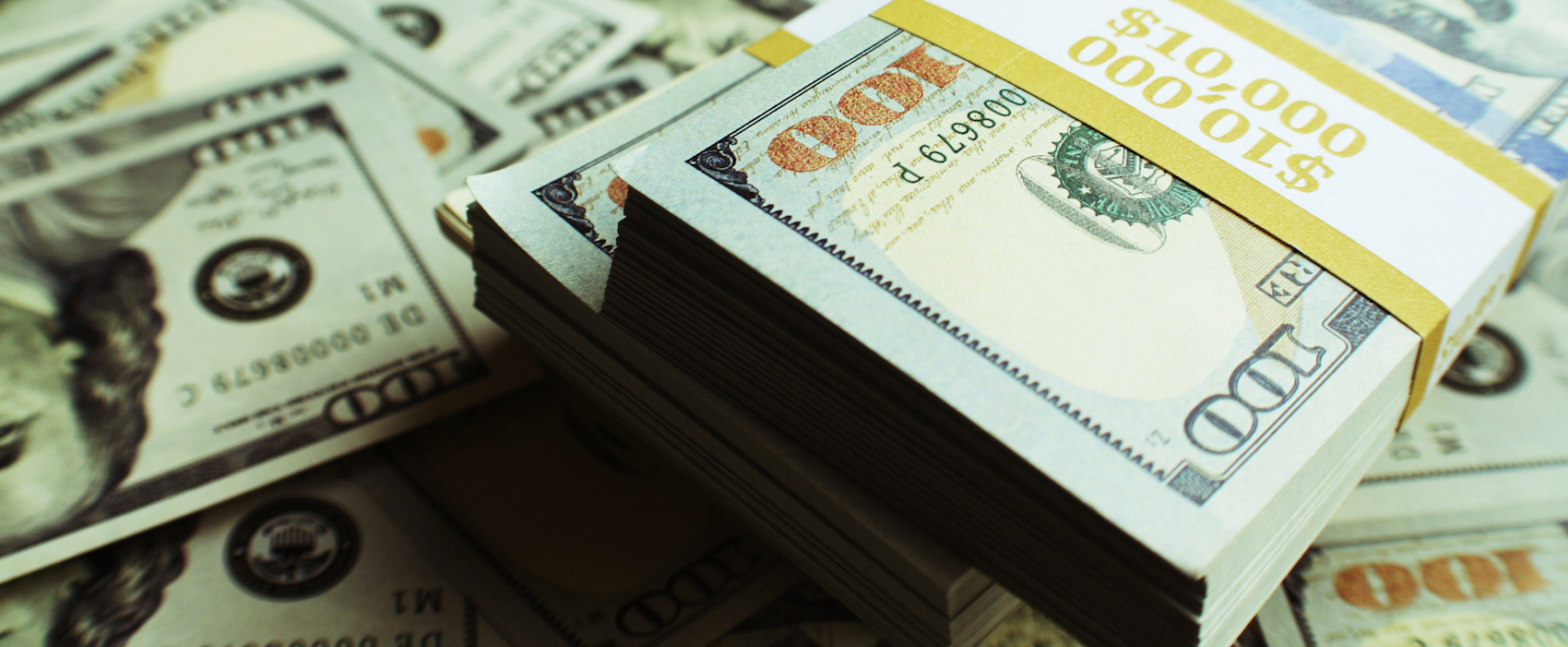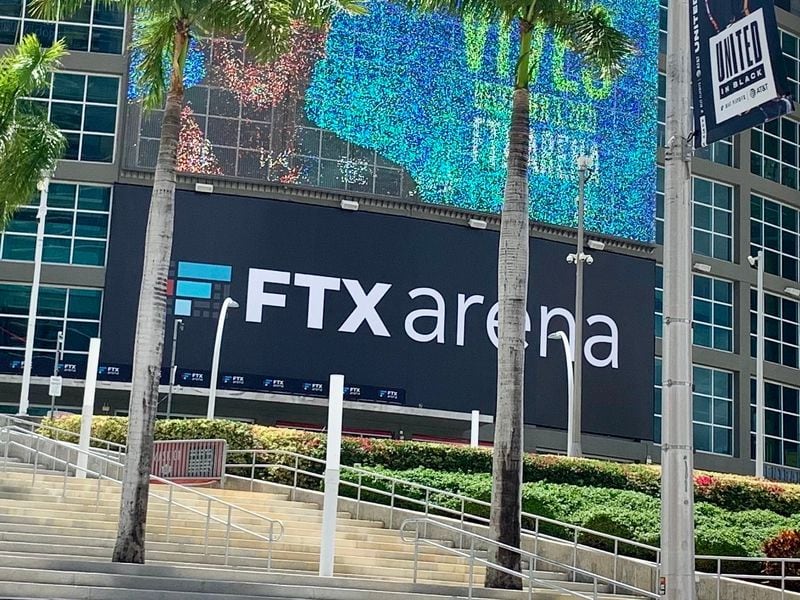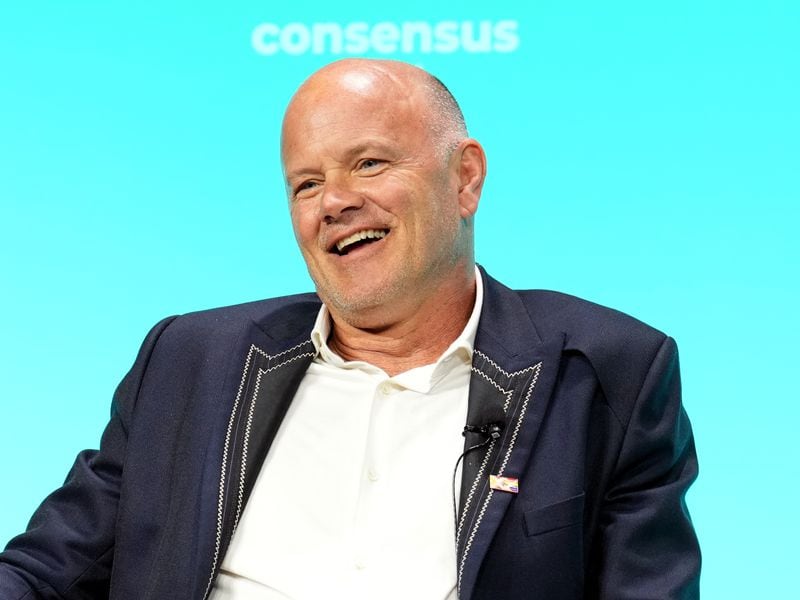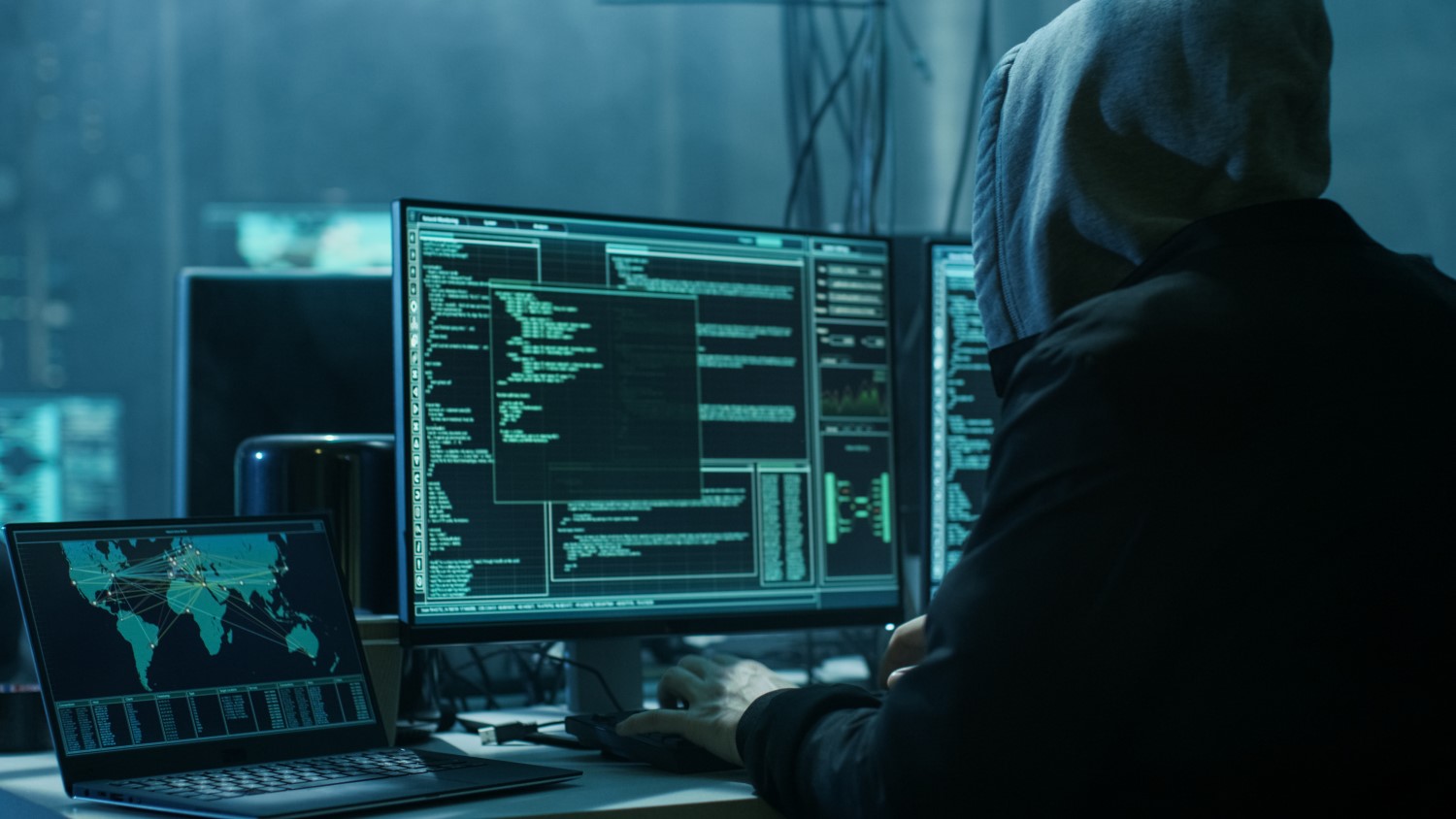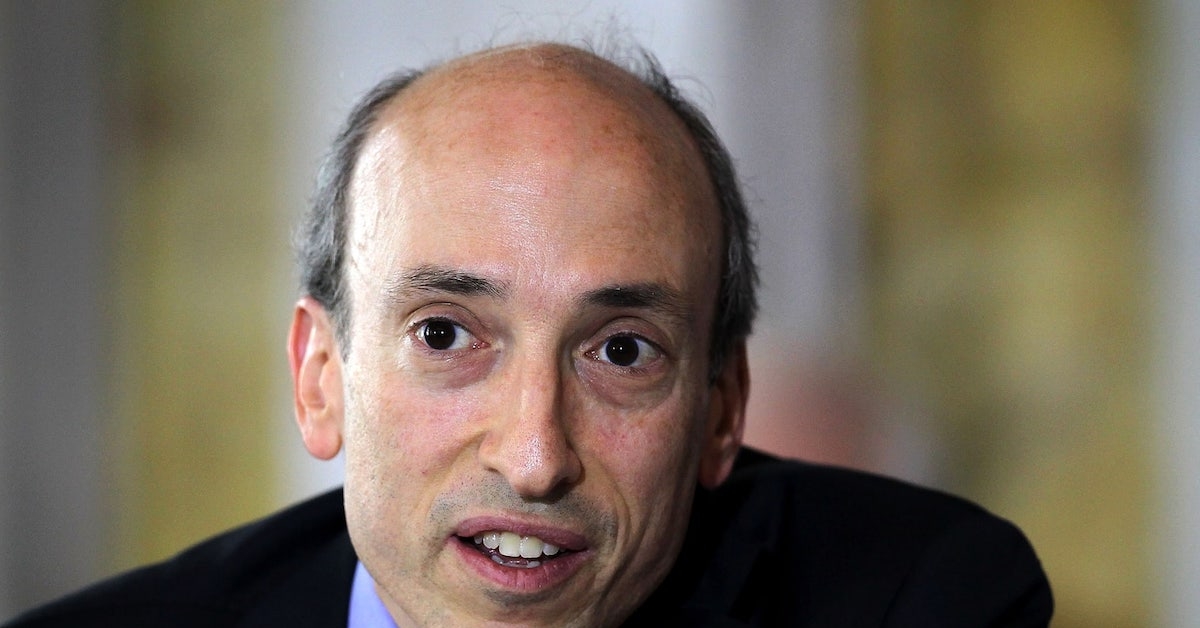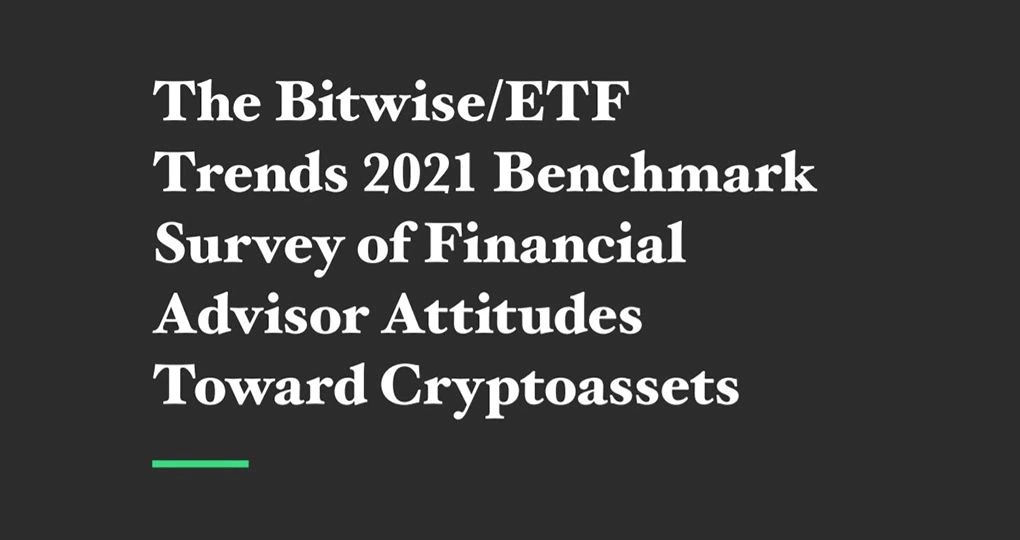Mt. Gox Wouldn’t Have Happened With Modern Tools, Mark Karpeles Says
SEOUL, SOUTH KOREA – As Mt. Gox wrapped up its bankruptcy redemption payments, it ended a nearly decade-long legacy and the book is closed on what might be the greatest hack in all of crypto.
Mark Karpeles, the failed exchange’s CEO was once a hated man in the crypto community, and Japanese prosecutors wanted to send him away for a decade. But now, Karpeles belongs to an exclusive club of the 1% which have fought the law in Japan and won – something nearly unheard of in a country with a 99% conviction rate where the justice system prefers to coerce confessions rather than contest a case.

01:11
Breaking Down Bitcoin’s Selling Pressure

02:13
Crypto and the Election: All You Need to Know Ahead of November

05:20
From Millions to Billions: The Crypto Wealth Explosion

01:11
Tokenized Treasury Funds Pass $2B Market Cap on BlackRock’s Explosive Growth
Now, with this all behind him, Karpeles is off on a new adventure: launching a new crypto exchange called EllipX, which takes the best modern practices of exchanges and lessons learned from Mt. Gox as well as continuing work on a crypto ratings agency called Ungox.
“I can say very confidently that Mt. Gox hack wouldn’t have happened if we had even some of the tools we have today,” Karpeles said during an interview with CoinDesk at Korea Blockchain Week.
One thing that Karpeles wishes he had during the heyday of Mt. Gox was Hierarchical Deterministic, or HD, wallets. HD is a type of wallet that securely manages and generates multiple public and private key pairs from a single master seed.
Karpeles’ exchange was hacked because of stolen private, encrypted private keys and a transaction malleability exploit, which led to the loss of around 850,000 bitcoin (BTC) from the exchange’s vulnerable hot wallets.
“In retrospect, if we had tools like custodians and HD wallets, we wouldn’t have stored private keys on the servers,” he said. “We could have provided public seed access to an accountant for real-time monitoring of transactions, which would not only have prevented the Mt. Gox hack but also allowed us to detect suspicious activity much earlier.”
EllipX, Karpeles’ new exchange, will be set up like the New York Stock Exchange, with separate segmented groups handling trading, brokering, and storing assets.
The necessity of this sort of structure come from lessons learned in blood.
Karpeles pointed out that Japan now has strict custodian rules for exchanges, hence why Japan was the safest place to be an FTX customer.
“Before Mt. Gox, nobody in Japan knew what bitcoin was, but when the Mt. Gox bankruptcy happened, it was covered all over national TV. Despite having only 10,000 to 20,000 customers in Japan, the event was streamed live on every TV station and widely reported,” he said.
“Along with the Coincheck hack four years later, these incidents led Japan to implement much stricter security rules and regulations for cryptocurrency exchanges,” he continued.
The final chapter of the Mt. Gox legacy was closed a few months ago as bankruptcy creditors were paid back. And while some thought this would lead to significant selling pressure on BTC and push down the price, the reality was the market digested everything calmly and quietly.
“I think you’re seeing a lot of OG buyers of bitcoin… People who bought bitcoin on Mt. Gox between 2010 and 2014 believed in it,” he said. “While some may have sold when they got their holdings back, most still believe in crypto and want to see where it’s going.”
With all this behind him, what does Karpeles think of the market today? Too much centralization risk, and too many “bad projects”.
“There are too many… I’m going to use the word ‘bad’ in a very large sense, because it could be either a scam project or just projects that don’t bring anything new that stand out too much,” he said.
Karpeles said he wants to see a safer crypto world, somewhere you can see a project, find it interesting, and buy into it without having to worry if it’s a scam or not.
“When people read about crypto they see whatever thing was a scam, people lost money, and so on. It’s always the same story since crypto started,” he concluded.
Edited by Parikshit Mishra.
Disclosure
Please note that our
privacy policy,
terms of use,
cookies,
and
do not sell my personal information
has been updated
.
CoinDesk is an
award-winning
media outlet that covers the cryptocurrency industry. Its journalists abide by a
strict set of editorial policies.
In November 2023
, CoinDesk was acquired
by the Bullish group, owner of
Bullish,
a regulated, digital assets exchange. The Bullish group is majority-owned by
Block.one; both companies have
interests
in a variety of blockchain and digital asset businesses and significant holdings of digital assets, including bitcoin.
CoinDesk operates as an independent subsidiary with an editorial committee to protect journalistic independence. CoinDesk employees, including journalists, may receive options in the Bullish group as part of their compensation.
:format(jpg)/s3.amazonaws.com/arc-authors/coindesk/ff7c302f-d3ab-4905-92e1-2f7f5106d13c.png)



